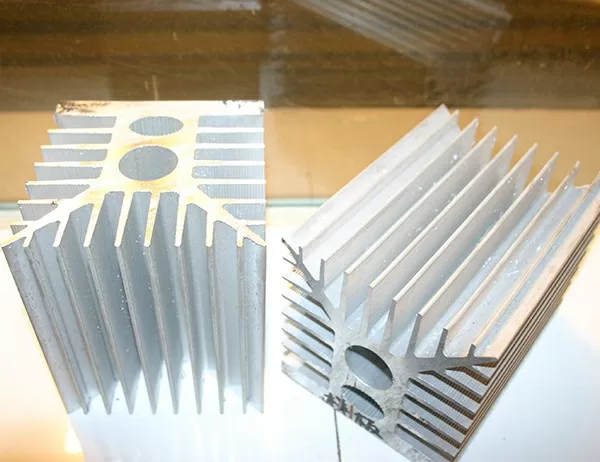In today’s increasingly environmentally conscious world, selecting sustainable materials for electronic applications is paramount. Aluminum heat sinks stand out as an environmentally friendly choice, offering a range of advantages that contribute to a greener, more sustainable future.
Energy Efficiency and Reduced Emissions
Aluminum’s excellent thermal conductivity allows heat sinks to dissipate heat efficiently, reducing the energy consumption of electronic devices. This energy savings translates into lower operating costs and a reduced carbon footprint. Moreover, aluminum’s corrosion resistance eliminates the need for coatings or treatments that can release harmful chemicals.
Lightweight and Durable
Aluminum is a lightweight metal, which reduces the weight of electronic devices and makes them easier to transport. This reduced weight also lowers the environmental impact during production and shipping, minimizing fuel consumption and emissions. Additionally, aluminum’s durability ensures that heat sinks have a long lifespan, reducing the need for frequent replacements and disposal.
Recyclability and Resource Conservation
Aluminum is a highly recyclable material, with nearly 75% of all aluminum ever produced still in use today. This closed-loop recycling system significantly reduces energy consumption and greenhouse gas emissions compared to extracting and refining new aluminum. By using recycled aluminum, heat sink manufacturers contribute to resource conservation and reduce the demand for primary aluminum production.
Renewable Energy Applications
Aluminum heat sinks play a crucial role in the emerging field of renewable energy. They are essential components in photovoltaic systems, wind turbines, and electric vehicle battery packs. By dissipating heat generated during energy conversion, aluminum heat sinks ensure optimal efficiency and extend the lifespan of these renewable energy systems.
Green Supply Chains and Ethical Manufacturing
Many aluminum heat sink manufacturers are adopting environmentally responsible practices throughout their supply chains. They prioritize the use of sustainable materials, implement energy-efficient production processes, and adhere to ethical labor standards. This commitment to sustainability minimizes the environmental impact of aluminum heat sink production and ensures that they are produced in a responsible manner.
In conclusion, aluminum heat sinks offer numerous environmental advantages, making them an ideal choice for sustainable electronic applications. Their energy efficiency, lightweight construction, recyclability, renewable energy compatibility, and green supply chains contribute to a reduced carbon footprint, resource conservation, and a cleaner environment. By embracing aluminum heat sinks, electronic manufacturers and consumers can make a positive impact on the planet while enhancing the performance and longevity of their devices.




